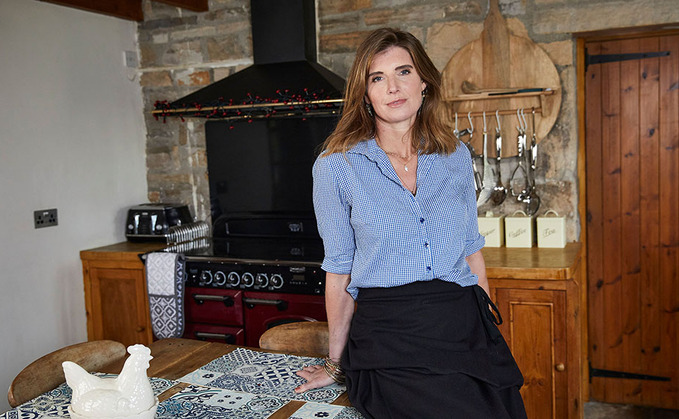
Autumn in the countryside is a true celebration of life in rural Britain. Here, Emily Ashworth talks to Amanda Owen about her new book, Celebrating the Seasons and shares her favourite seasonal recipes...

Autumn in the countryside is a true celebration of life in rural Britain. Here, Emily Ashworth talks to Amanda Owen about her new book, Celebrating the Seasons and shares her favourite seasonal recipes...
As an ambassador of the charity Farm Africa, former NFU president Baroness Minette Batters highlighted the story of Kenyan smallholder Juliet Muthoni
Now processing 500,000 litres of milk a day, Graham’s The Family Dairy has progressed way beyond its humble roots of 80-plus years ago, when Robert Graham senior’s parents took on the rent of Airthrey Kerse, Bridge of Allan
Perthshire farmers by trade and firefighters by choice, this father-daughter team serves its community in more ways than one